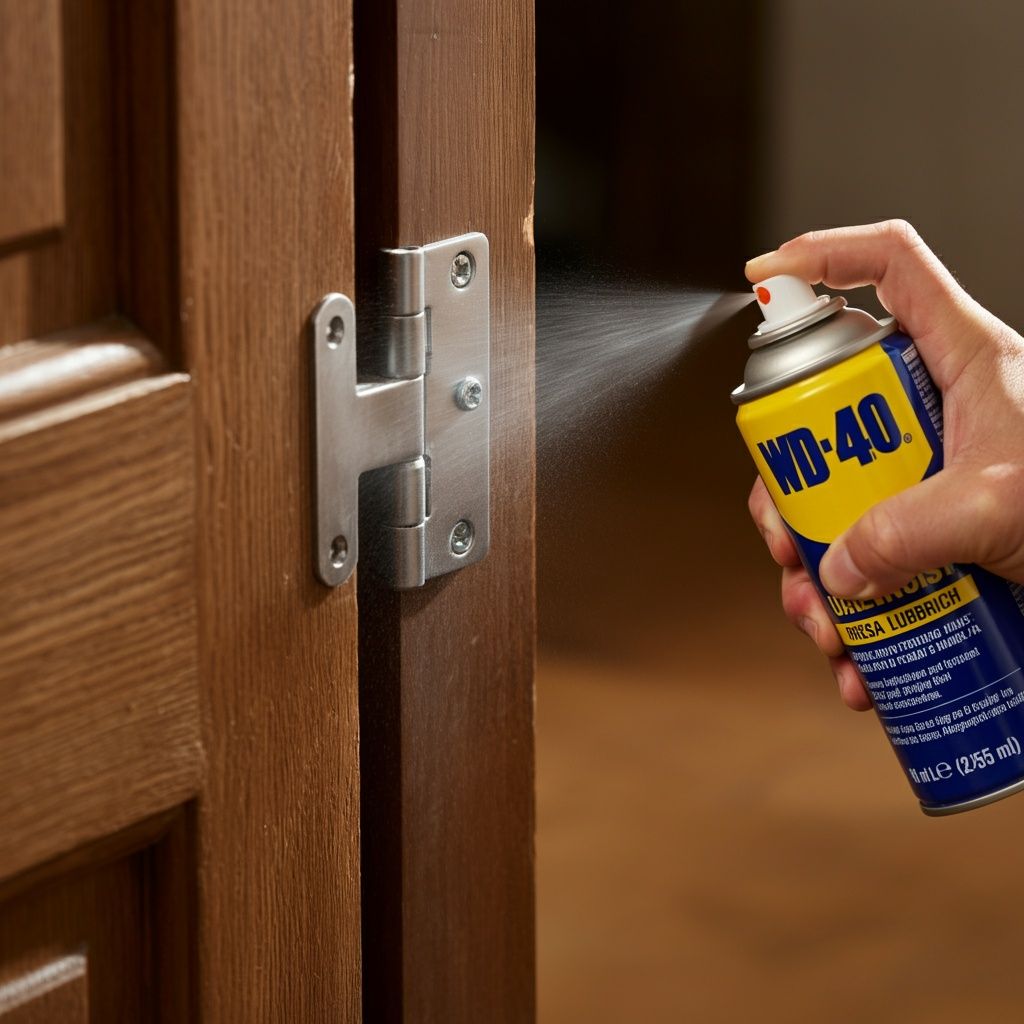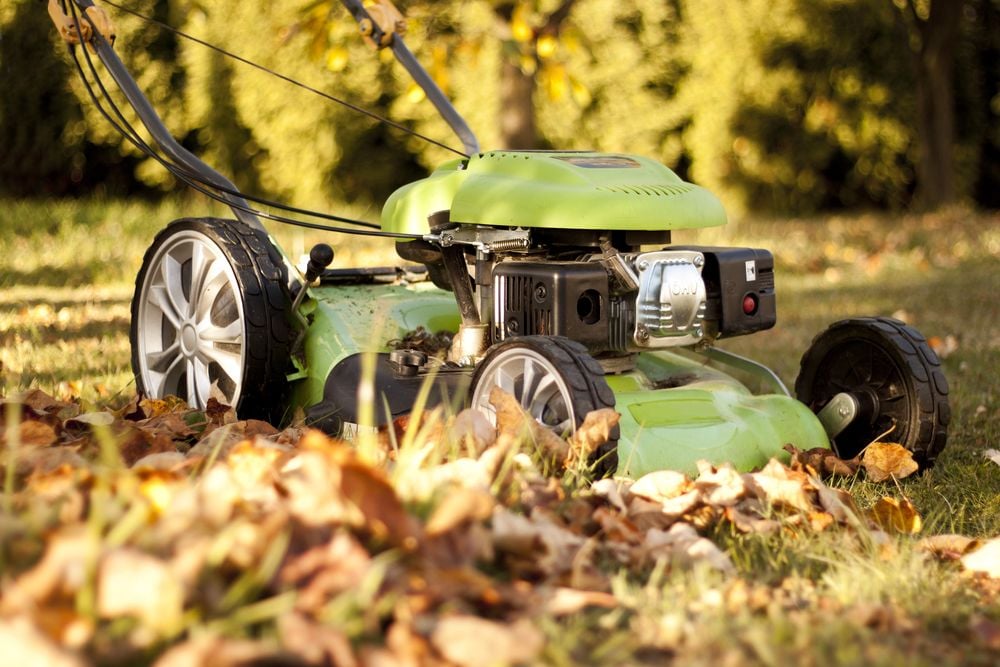
WD-40: A Wonder Tool With Limitations
- Jun 19, 2025
There's no denying that WD-40 is a panacea for certain sticky situations at home, be it a squeaky front gate hinge or a rusty fishing rod. But contrary to popular opinion, it's far from a universal remedy. Misuse of the product may actually precipitate the actual problem.
Home repair whizzes have shared their perspectives on scenarios where you should refrain from reaching for this aerosol can and offered safer alternative solutions.
Many would instinctively spray WD-40 when a key gets stuck in the lock, but doing so may not be the best course of action. Home improvement guru Jim Marino explains that since WD-40 pulls in dust and dirt, this approach can exacerbate the problem by clogging up lock's intricate internal mechanism.
Marino recommends the use of dry graphite powder as a more effective option for problematic locks. It operates as a dry lubricant and can be a better fit for temperamental locks. He also advises potential consideration for alternatives such as cooking spray or coconut oil on your door locks, provided these substances have been responsibly and sustainably manufactured.
If you're a cyclist, it's worth noting that WD-40 can similarly be harmful for your bike chains. WD-40's dust and dirt attracting properties can damage the efficiency of the chain over time, warns Thomas Borcherding, owner at Homestar Design Remodel. He recommends instead graphite powder or any of the numerous plant-based, biodegradable lubricants currently available on the market.
Avoid banking on WD-40 to fix stuck windows and sliding door issues as well. The product's propensity to weaken rubber and accumulate dirt can lead to increased air infiltration and worsening of the fixture condition, Marino points out. Lubricants such as graphite, vegetable oil or coconut oil can be a better choice for these concerns, preserving rubber seals while maintaining the smooth operation of windows and doors.
Conversely, using WD-40 on garage door tracks tends to encourage dust accumulation, which can compound the problem. Marino advises utilizing silicone-based lubricants instead which resist dirt deposition.
Resist the temptation to apply WD-40 to stop noisy cabinet hinges or to lubricate wooden furniture. WD-40 seepage could damage wooden finishes and even the wood grain itself, asserts Borcherding. He suggests using beeswax on wooden items as a safe replacement as it nurtures and protects the wood.
Borcherding also strongly advises against using WD-40 around inflammable fixtures due to its combustibility. More suitable options may be olive or vegetable oil. They're still combustible, but relatively more secure for fixtures like gas stoves or water heaters. Even better, solid lubricants like bar soap or coconut oil, which prevent spillage or splatter in fire-prone areas, are particularly recommended.
Another critical cautionary note is to abstain from using WD-40 on painted doors to shield the paint on the hinges. Marino says, for issues like creaky hinges, a silicone spray would serve you better.
Finally, avoid sprinkling WD-40 around toilet and faucet fixtures as it could harm their integrity, specifically any rubber component. Gradual degradation could lead to possible leaks or component failure making for expensive repairs, warns Borcherding. He suggests cooking spray as a safer stand-in.
When it comes to electronics, WD-40 is not your friend. Given that electronics components are sensitive to moisture, an application of liquid degreasing agent is ill-advised. Instead, Marino recommends choosing compressed air specially designed for cleaning electronics.






